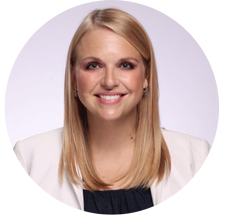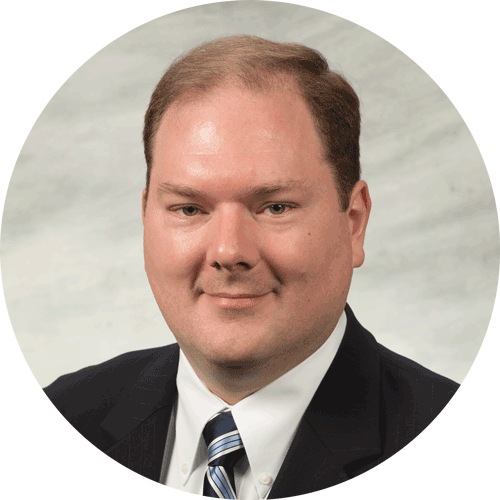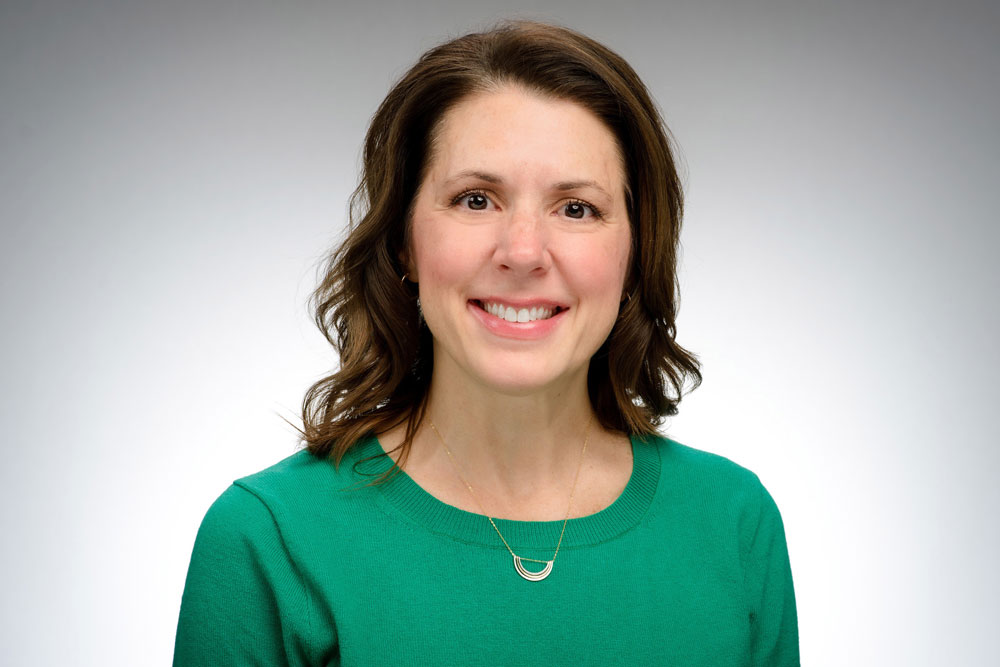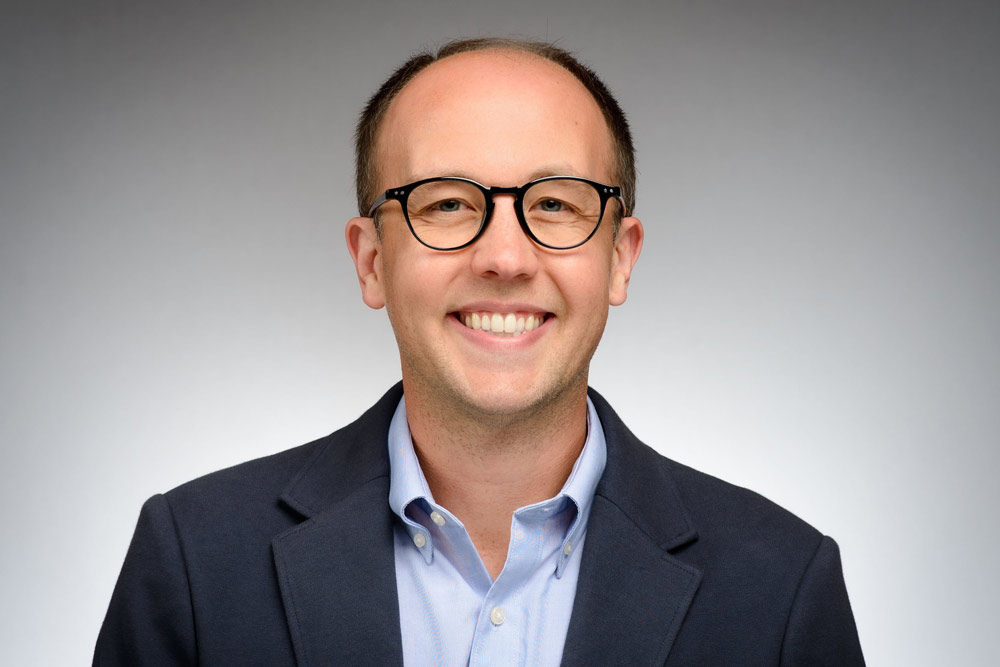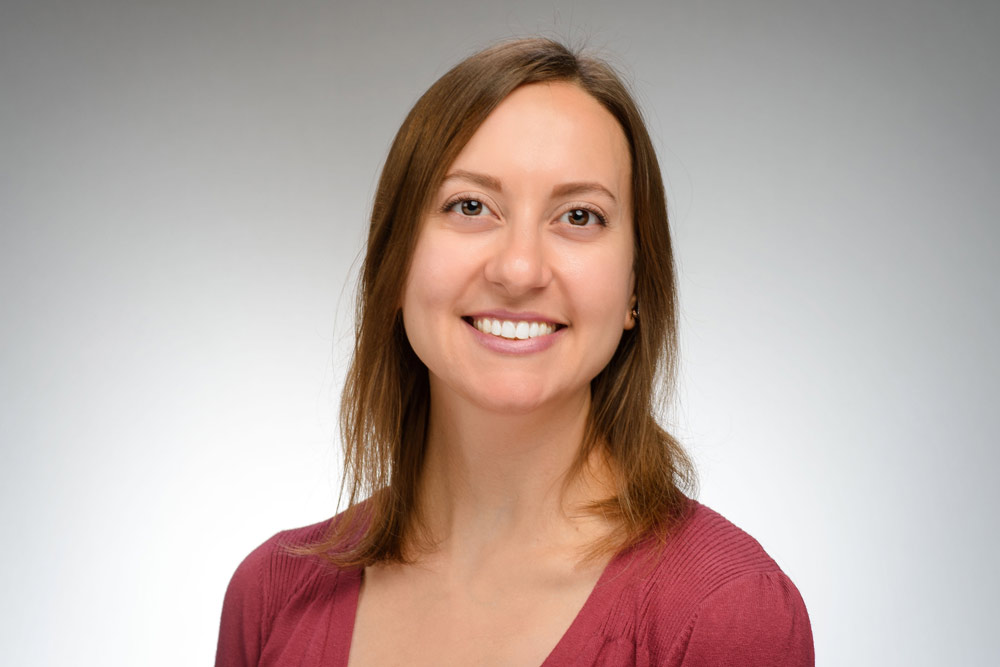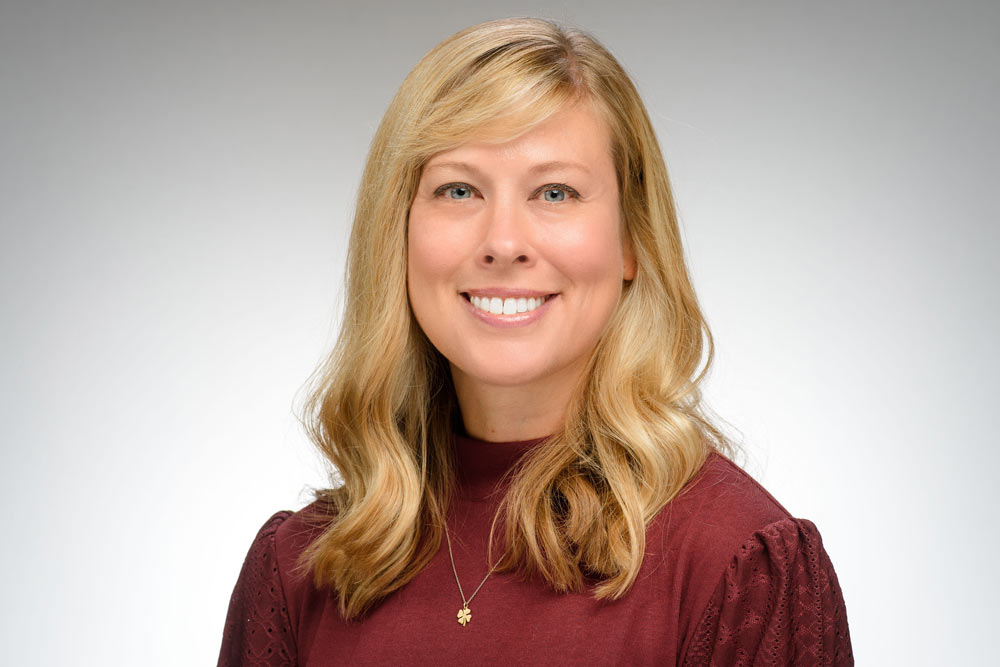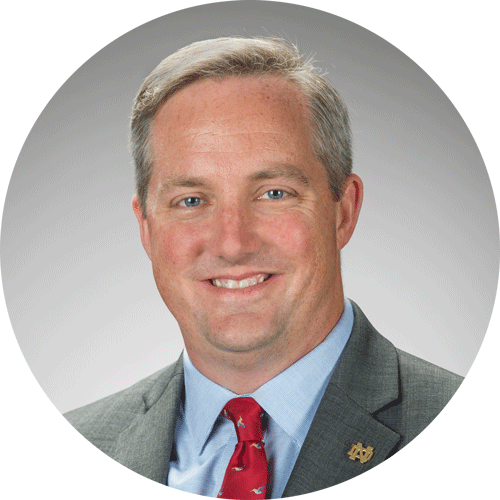I’m pleased to present recent faculty research published in top academic journals:
Ken Kelley, Edward F. Sorin Society Professor of IT, Analytics, and Operations
Sample size planning for replication studies: The devil is in the design. (Psychological Methods)
This paper presents a novel sequential approach for determining optimal sample sizes when testing equivalence or noninferiority of a linear contrast under cost constraints. The method iteratively updates sample size estimates without requiring pre-specified population variances or distributional assumptions. Through theoretical development and simulation studies, the authors demonstrate that their approach effectively allocates resources while maximizing statistical power. The method outperforms existing approaches, particularly in estimating optimal sample sizes and minimizing variance under budget constraints.
Stephannie Larocque, Notre Dame Associate Professor of Accountancy
Analysts’ EPS-decreasing Exclusions and Target Price Forecasts (forthcoming in Management Science)
The research finds that analysts’ EPS-decreasing exclusions (i.e., exclusions that result in lower street EPS forecasts than GAAP EPS forecasts) are associated with more optimistic target prices. Analysts’ EPS-decreasing exclusions contribute to the optimism in their target prices by enabling analysts to project higher earnings growth. The relation between analysts’ EPS-decreasing exclusions and target price optimism is attributable, at least in part, to analysts’ strategic incentives for issuing favorable valuations.
Johnathan Loudis, Assistant Professor of Finance
Stock Price Reactions to the Information and Bias in Analyst-Expected Returns (The Accounting Review)
Returns implied by analyst price targets are biased but contain useful pricing information. When price targets are announced, market prices react to both components. However, the reaction to bias is much weaker than that to information. Thus, market participants are able to partially “debias” price targets. Additionally, prices reverse their reaction to bias but drift in the direction of their reaction to information. This study provides novel evidence on how market participants incorporate biased but informative signals into prices.
Shijie Lu, Howard J. and Geraldine F. Korth Associate Professor of Marketing
Within-Category Satiation and Cross-Category Spillover in Multi-Product Advertising (Journal of Marketing Research)
This study examines how privacy-preserving policies, such as reduced consumer data retention, affect consumer behavior, advertiser profits, and platform revenues in the context of multiproduct ads (MPAs). While enhancing privacy, these measures lower ad variety, reducing consumer engagement and ad effectiveness due to intensified within-category satiation and weakened cross-category complementarity. The findings underscore the challenge for ad platforms in balancing privacy with consumer interest and advertiser profitability.
Dean Shepherd, Ray and Milann Siegfried Professor of Entrepreneurship
I Go Where You Go: Imitation Behavior and Social Proof in Early-Stage Investments (Academy of Management)
The paper explores the dynamics of imitation behavior in angel investments. The researchers investigate the impact of external and internal social proof on investment decisions. Their findings, based on an analysis of 77,312 decisions by 469 angel investors and an experiment involving 1,092 investor assessments, show that inexperienced investors largely depend on easily accessible but less useful external social proof, whereas experienced investors largely rely on more difficult-to-obtain but also more valuable internal social proof. Moreover, they show that reliance on internal social proof correlates with superior investment returns, but external social proof only produces irrational herding behaviors.
My thanks and congratulations to Ken, Stephannie, Johnathan, Shijie and Dean.
Also, as a reminder, please submit your nominations for the Mendoza Mission Research Awards to Hether Graham by March 14. These special annual awards recognize Mendoza research papers published within the past two years that exemplify the College’s imperative to “Grow the Good in Business.” Self-nominations of one or more papers are most welcome!
In Notre Dame,
Martijn
Martijn Cremers
Martin J. Gillen Dean
Bernard J. Hank Professor of Finance



